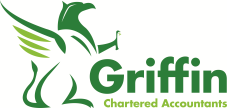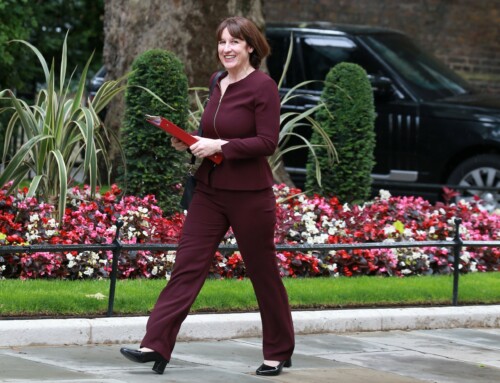Spring budget 2017
Whilst the budget was relatively uneventful, there have been some controversial changes aimed at the self-employed and small business owners. However, the main point of controversy, the rise in Class 4 National Insurance Contributions has now been reversed. The key points are as follows:
Self Employed National Insurance
The budget initially outlined an increase in Class 4 National Insurance Contributions for the self-employed from 9% to 10% in April 2018 and 11% in April 2019. However, after much discontent, including the accusation that this change breached the governments manifesto pledge not to raise National Insurance, this change was reversed.
Tax on dividends
The tax-free dividend allowance will be reduced from £5,000 to £2,000 from April 2018. This is going to have an impact on both investors and small business owners. A typically family business, owned by a husband and wife will essentially pay an additional £450 in tax.
VAT registration threshold
From 1 April 2017, the VAT registration threshold will increase from £83,000 to £85,000. The deregistration threshold will also increase from £81,000 to £83,000. By increasing the VAT registration threshold HMRC estimate that it will prevent 4000 small businesses from having to register for VAT by the end of 2017-18.
Making tax digital
The government aims to move to a fully digital tax system by 2020, whereby businesses will be required to keep their records digitally and to make quarterly returns. In the Spring budget, the government confirmed that businesses with turnover of less than £10,000 will be exempt. They also announced a 1 year delay in the implementation date for businesses below the VAT threshold. The timetable is now as follows:
Other changes from April 2017
A number of changes that had already been announced in the previous budgets come into force from April 2017:
If you have any questions regarding the Flat Rate Scheme or any other matters, please get in touch on 01404 41977 or graham@griffinaccountancy.co.uk





